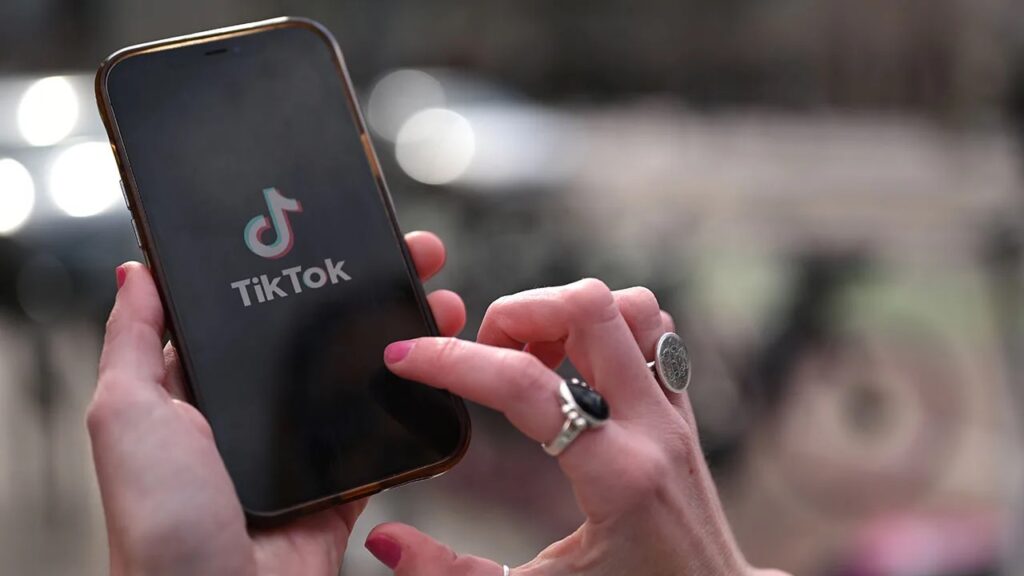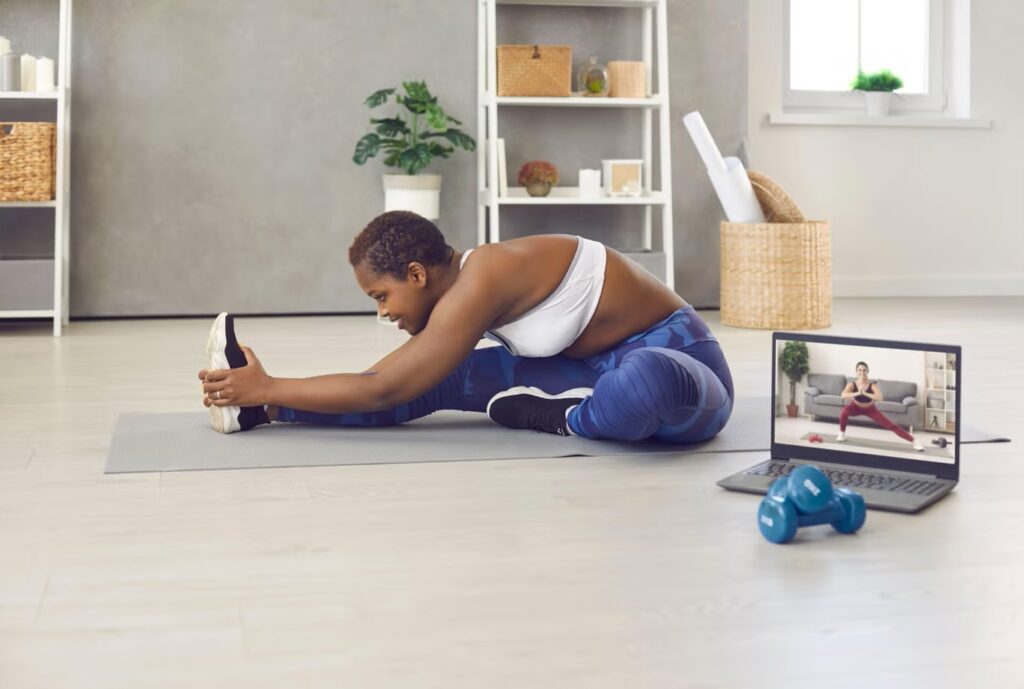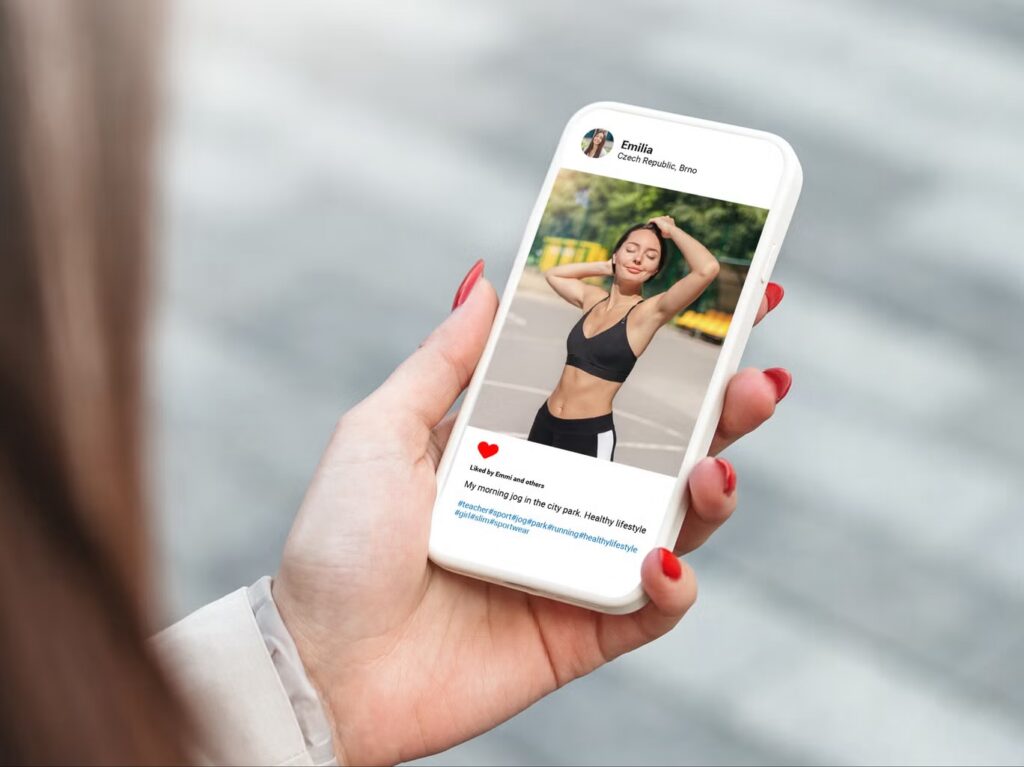

A recent study from researchers at Flinders University in Australia has highlighted potential risks linked to fitness content on TikTok, particularly for younger users. The research focused on “Fitspo” videos—short for fitness inspiration—which aim to motivate people to live healthier through diet and exercise. However, the study suggests that these videos may be doing more harm than good, especially for teens, by worsening body image issues.
Lead researcher Samantha Pryde expressed concern over the misleading information spread by influencers who often lack professional qualifications. According to the study, more than 60% of the analyzed TikTok fitness videos provided incorrect or potentially harmful advice on topics like health, diet, and fitness. Pryde also pointed out that these videos tend to promote unrealistic and overly sexualized body standards, which disproportionately affect young women.

The study analyzed 200 TikTok videos, using popular fitness hashtags like #fitness and #fitspo, and found that over half of the content featured highly sexualized depictions of women, often focusing on body parts such as the thighs and buttocks. This reinforces narrow beauty standards that prioritize a thin and fit appearance, which can negatively impact both physical and mental health, especially in young women.
Men are also impacted by these videos, with many promoting overly muscular physiques. The study found that 20% of the content contained body shaming, and 8.6% encouraged unhealthy eating habits.
Co-researcher Eva Kemps highlighted that many of these fitness influencers lack credible health or fitness qualifications, which raises questions about the reliability of the information being shared. The researchers urged platforms like TikTok to monitor fitness-related content more closely to reduce the spread of harmful messages and foster healthier perceptions of body image.
This story was reported by News Link.




